1. Pit Bull
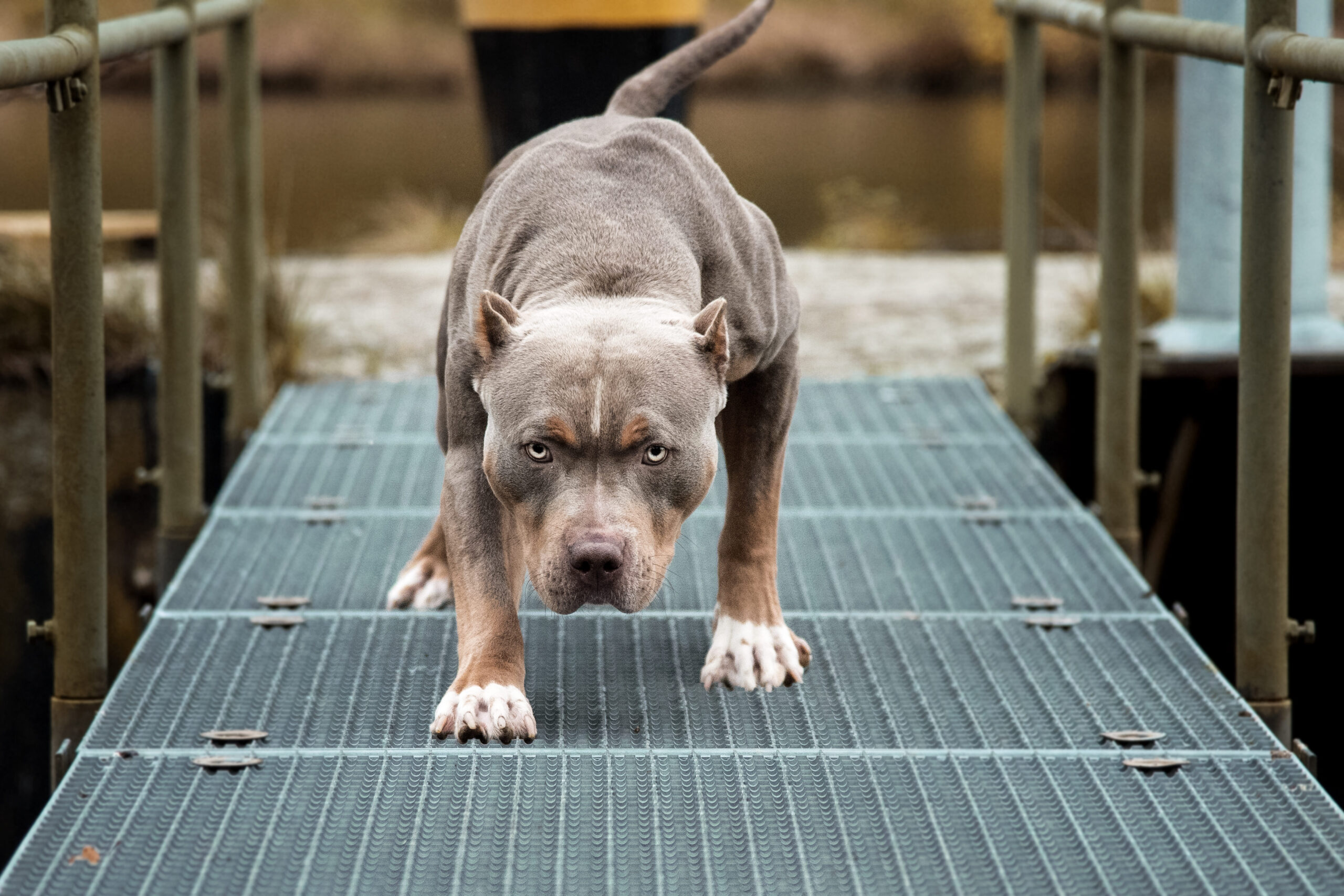
Pit bulls are perhaps the most recognized face of breed-specific legislation in the United States. This group includes breeds like the American Pit Bull Terrier, American Staffordshire Terrier, and Staffordshire Bull Terrier. While many pit bulls are affectionate, loyal, and make wonderful family companions, their reputation for aggression has led to widespread bans and restrictions in hundreds of towns and counties. In places like Denver, Colorado, and Miami-Dade County, Florida, pit bulls have faced outright prohibition for decades. Supporters of these laws argue they reduce dog attacks, while critics say the bans unfairly target responsible owners and well-trained pets.
2. Rottweiler
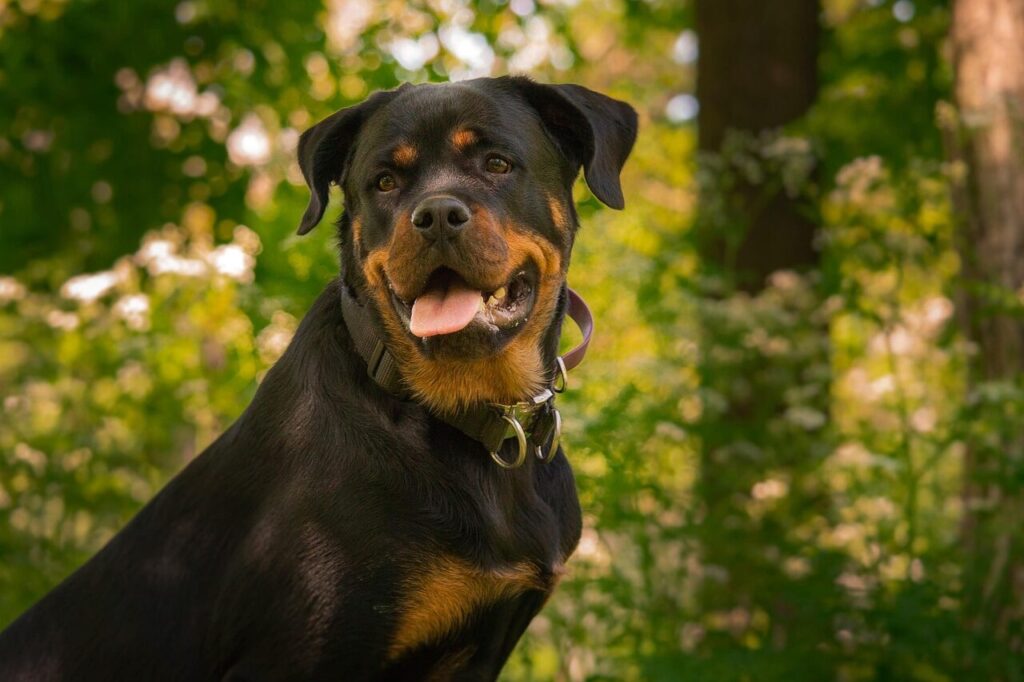
Rottweilers are known for their strength, intelligence, and natural guarding instincts, which has made them both admired and feared. In some areas, including parts of Indiana and Louisiana, these dogs are banned or heavily regulated due to concerns about their potential for aggression and powerful bite force. Despite their reputation, Rottweilers are often gentle with families and protective of children when raised in a stable environment. Still, their size and dominance can intimidate neighbors and lawmakers, leading to restrictions. Breed advocates argue that with proper training and socialization, Rottweilers thrive as loyal, well-behaved companions.
3. Wolf-Dog Hybrids
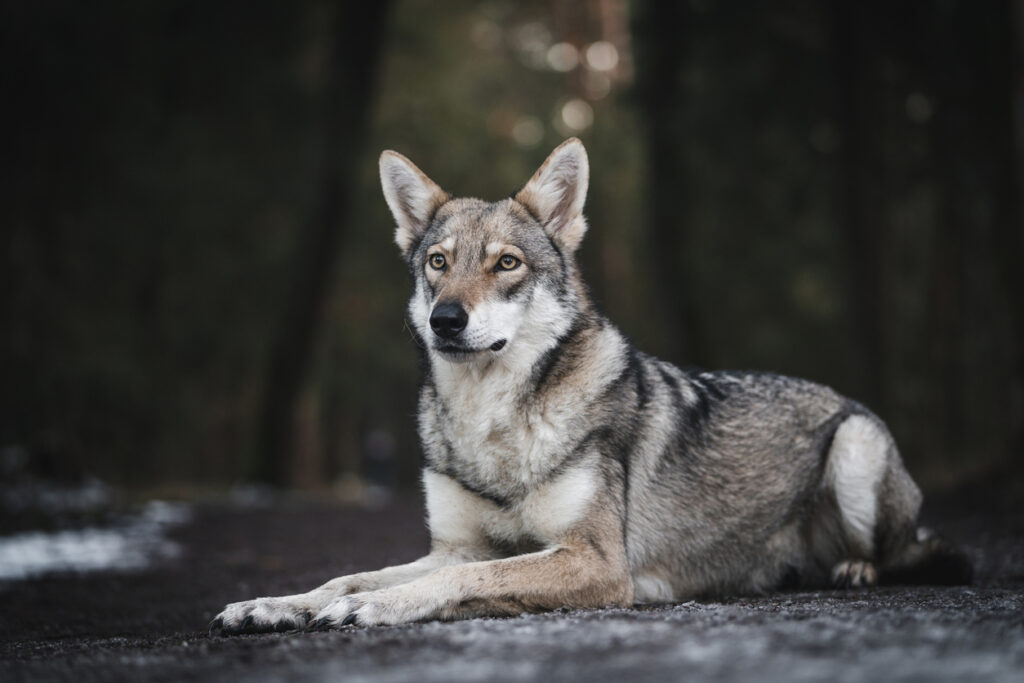
Wolf-dog hybrids, dogs bred with wolf ancestry, are illegal to own in more than 40 U.S. states. Lawmakers cite unpredictability, difficulty in training, and potential danger due to their mix of wild and domestic instincts. Even in places where ownership is legal, strict permits, fencing requirements, and inspections often apply. For example, in Alaska, hybrids must be registered and kept under tight control. Supporters of the bans believe hybrids can never fully adapt to domestic life, while enthusiasts argue that with responsible ownership, they can be loyal and unique pets. Still, the laws lean heavily toward caution.
4. Doberman Pinscher
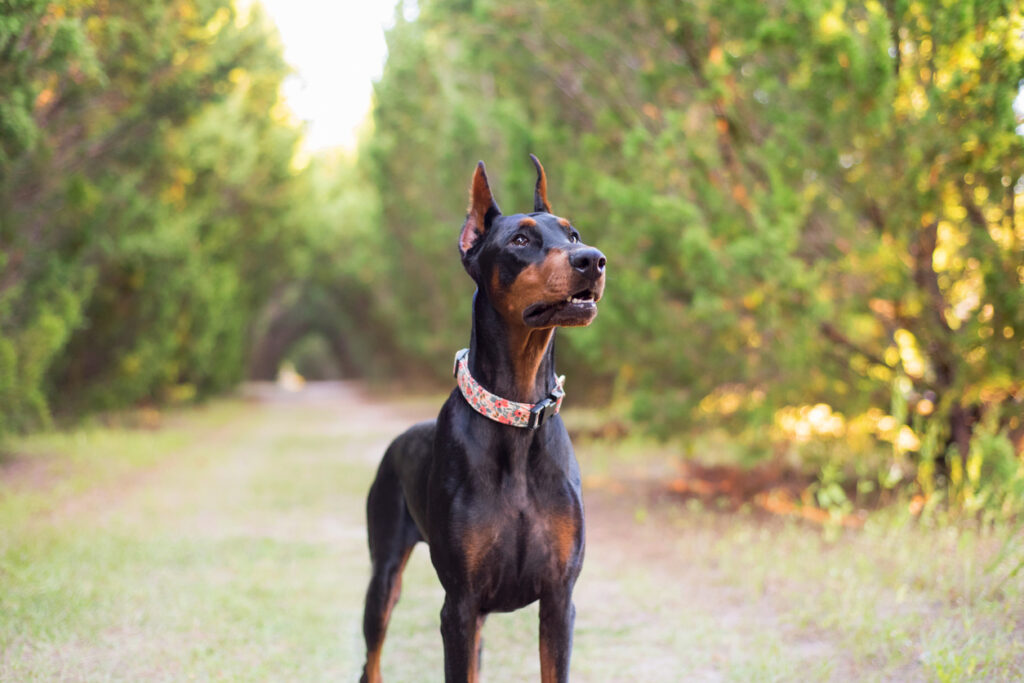
Doberman Pinschers are sleek, intelligent, and highly trainable dogs often used in police and security work. However, their guarding instincts and protective personalities have also earned them a spot on restricted lists in certain cities. Some municipalities with strict breed-specific legislation ban Dobermans outright, while others enforce special liability insurance or containment rules. Despite these concerns, many owners praise them for their loyalty, affection, and ability to bond closely with families. Critics of breed bans argue that Dobermans, when properly trained and socialized, are no more dangerous than any other large working breed.
5. Cane Corso
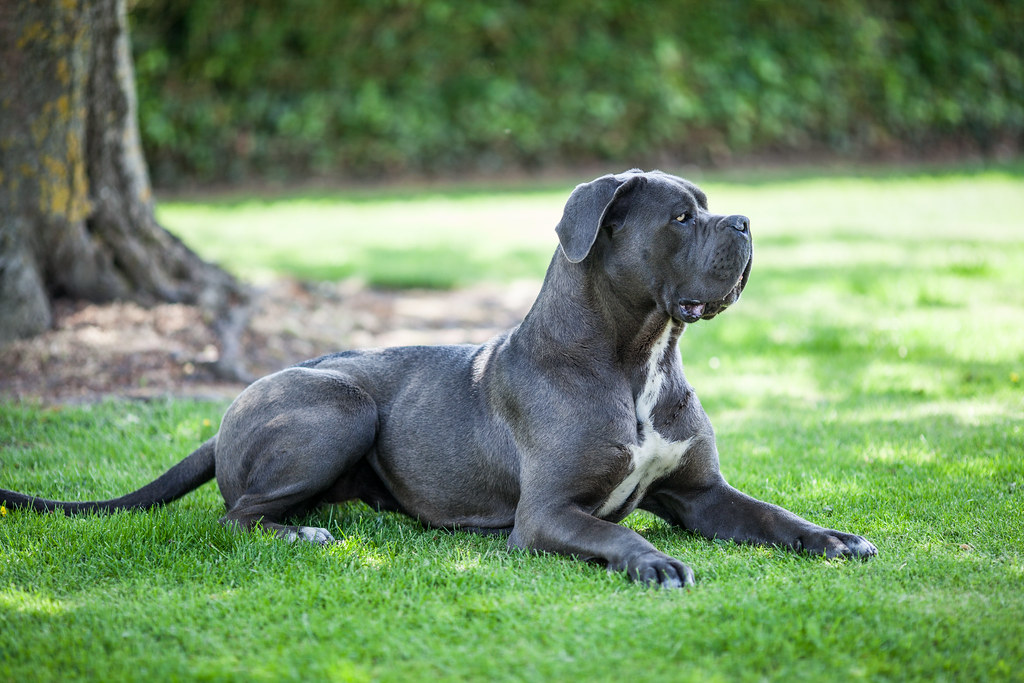
The Cane Corso is a powerful Italian mastiff historically bred for guarding property and hunting large game. Standing tall and weighing up to 120 pounds, this breed is often restricted in U.S. towns due to its size, strength, and protective nature. Critics worry about their potential for aggression if not properly trained, leading to bans in some communities. However, enthusiasts emphasize that Cane Corsos are deeply loyal and gentle with family members when raised responsibly. Their imposing appearance alone can be enough to deter intruders, but this same quality has fueled fear and restrictive laws.
6. Dogo Argentino
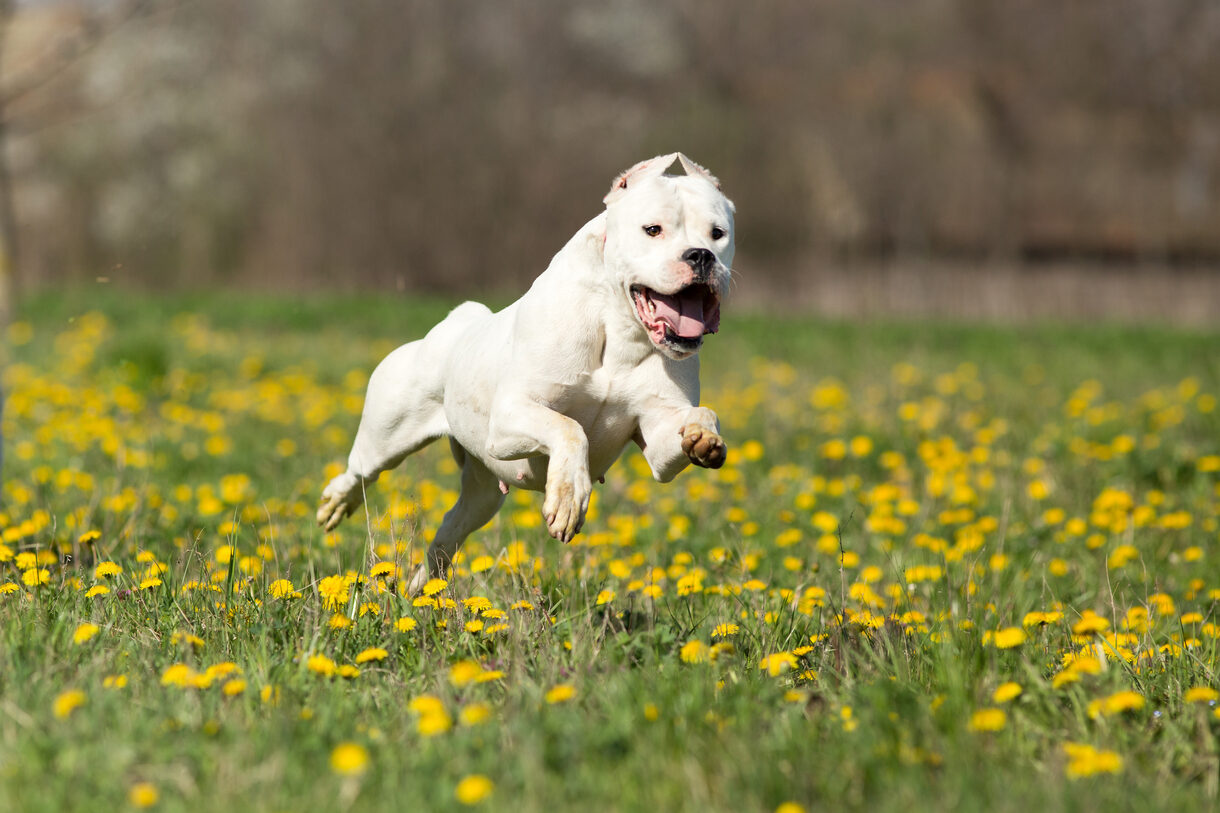
The Dogo Argentino was originally bred in Argentina for big-game hunting, designed to take down animals like wild boar and puma. Its athletic build, strength, and determination make it an impressive dog, but those same traits have led to bans in several U.S. cities and even entire countries such as the United Kingdom. Critics of the breed often point to its power and hunting background as reasons for concern, while advocates stress its affectionate, loyal nature when raised in a family environment. In areas where they’re legal, owners are often required to meet strict training and containment standards.
7. Chow Chow
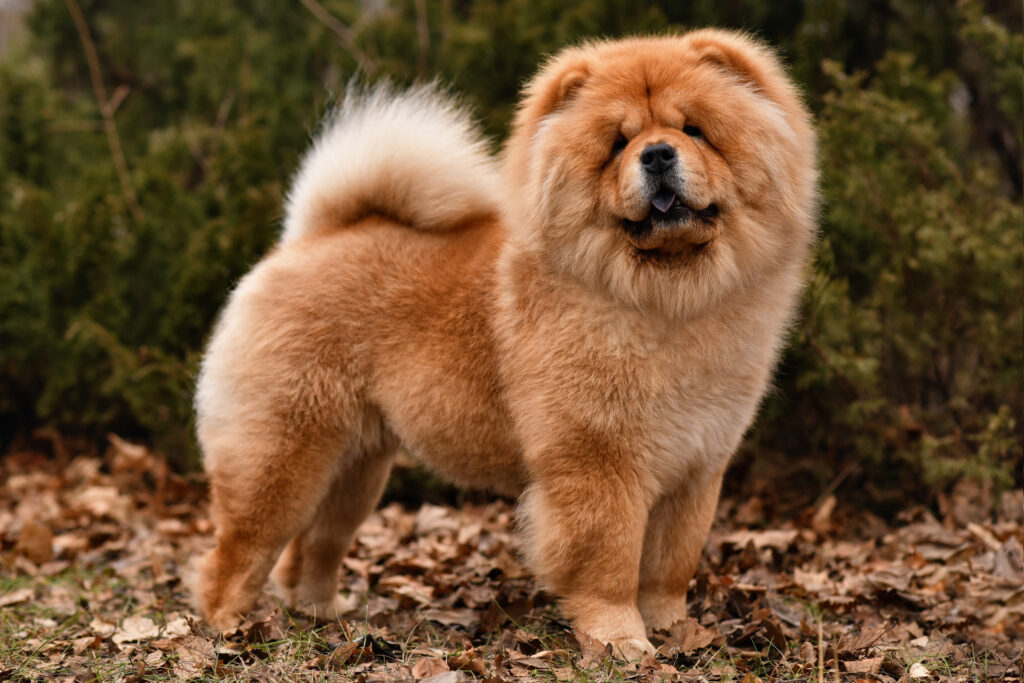
With their lion-like mane and striking appearance, Chow Chows stand out in any crowd. However, their aloof and sometimes stubborn temperament has placed them on restricted lists in places like parts of Georgia and North Carolina. Lawmakers worry about their potential for territorial aggression, particularly toward strangers. Despite this, many Chow owners know them as loyal and protective pets who thrive when socialized from an early age. Their reputation may not always reflect reality, but their strong personalities make them better suited to experienced dog owners, which is one reason they remain controversial in some regions.
8. Akita
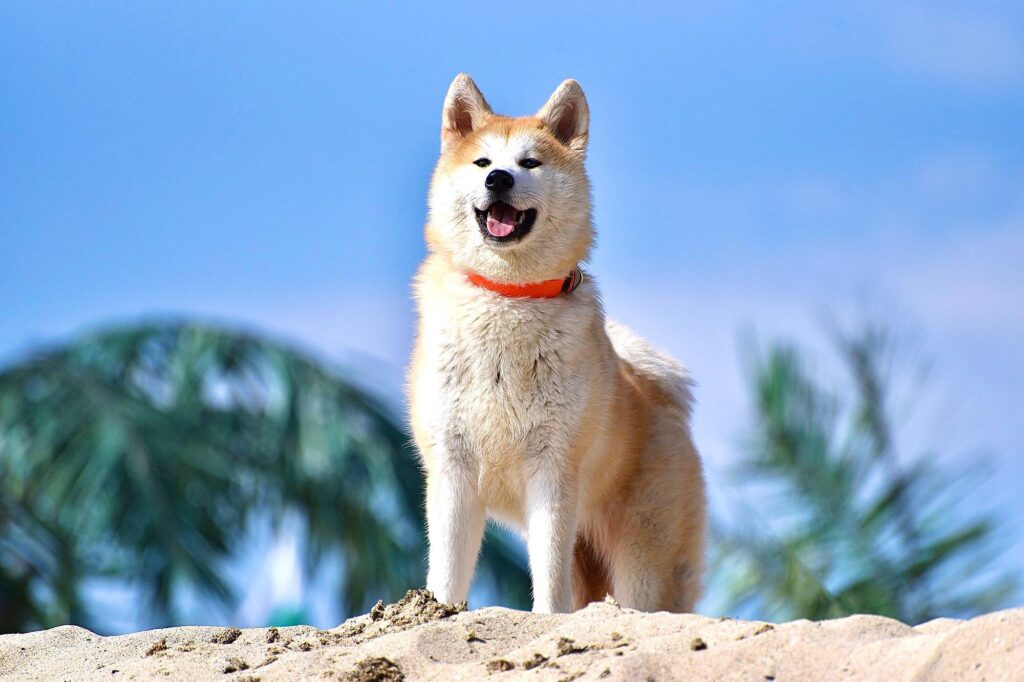
Akitas are large, dignified dogs originally from Japan, bred as hunting and guard animals. Known for their independence and courage, they have earned loyal followings around the world. Still, in some U.S. cities with strict breed-specific legislation, Akitas are outright banned due to their strong protective instincts and perceived unpredictability. Critics argue they can be difficult to manage for inexperienced owners, while fans highlight their deep devotion to family members. In Japan, they are even seen as symbols of good health and loyalty. In the U.S., however, the debate continues over whether their strong-willed personalities justify restrictions.
9. American Bulldog
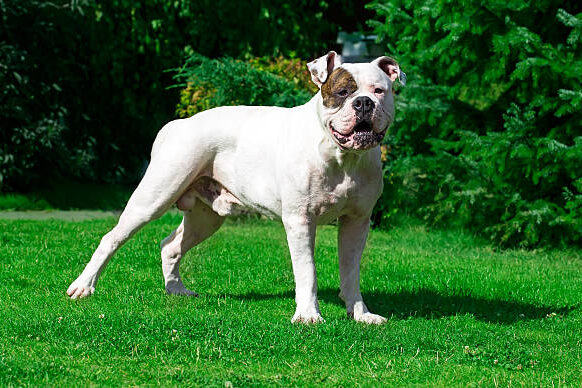
The American Bulldog, a muscular and athletic cousin of the pit bull, is banned in certain places such as Miami-Dade County, Florida. Officials often point to their resemblance to pit bulls as a reason for restrictions, making them victims of mistaken identity. Despite their rugged appearance, many American Bulldogs are affectionate, playful, and thrive in family homes. They are natural protectors, which can be a positive trait in the right setting but worrisome to lawmakers seeking to reduce dog attacks. Supporters of the breed stress that training and responsible ownership are key to managing their energy and strength.
10. Mastiffs
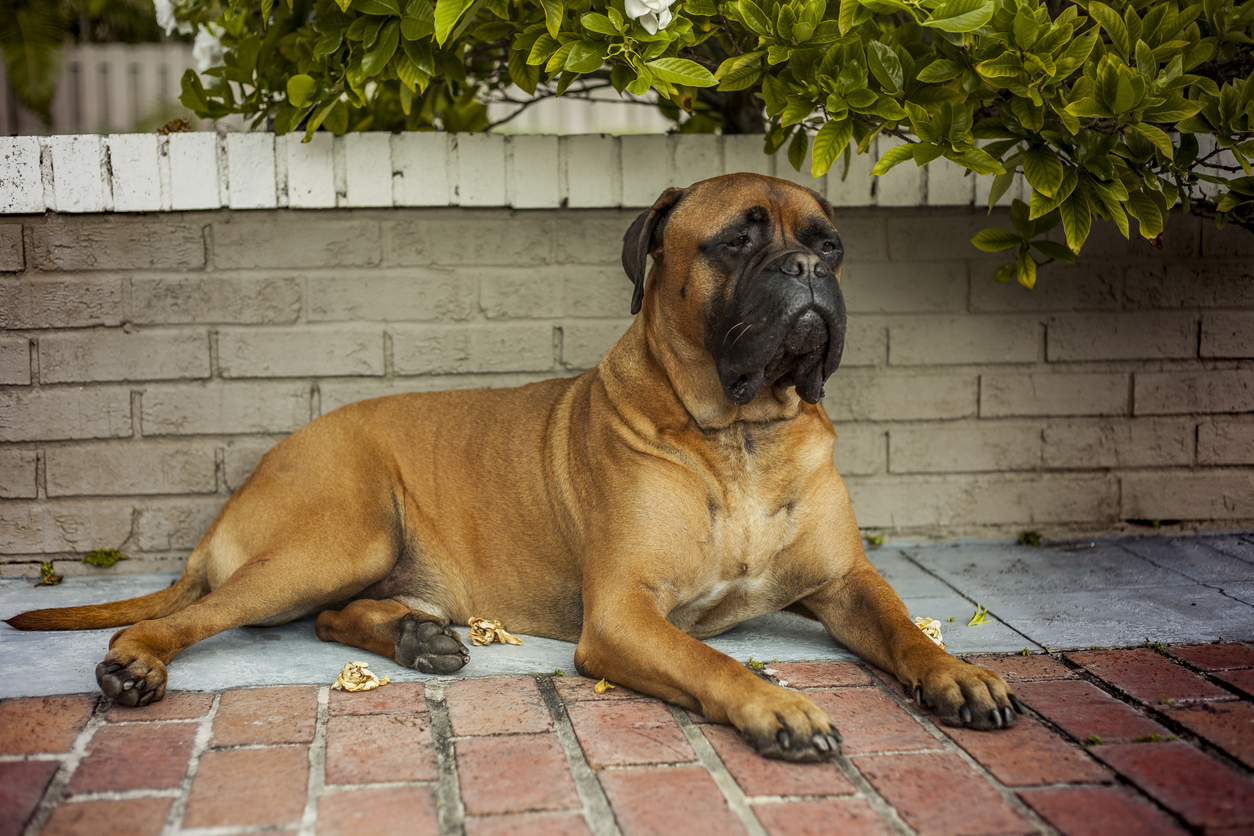
Mastiffs, including breeds like the Bullmastiff, Neapolitan Mastiff, and Dogue de Bordeaux, are some of the largest dogs in the world. Their massive size and natural guarding instincts have led to bans or restrictions in certain towns across the U.S. For example, some municipalities require special licenses, insurance, or secure enclosures for mastiff ownership. While their imposing appearance can make them seem intimidating, mastiffs are often gentle giants, known for being calm and affectionate with families. Still, their strength alone poses challenges, and lawmakers often err on the side of caution when deciding whether to regulate them.
11. German Shepherd
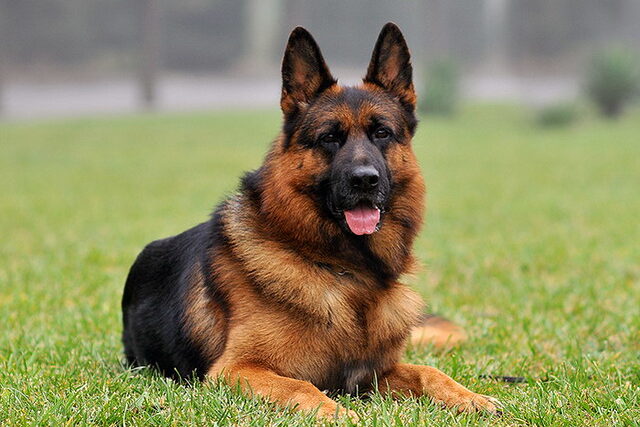
German Shepherds are among the most popular breeds worldwide, celebrated for their intelligence, loyalty, and versatility as service and police dogs. Yet, despite their reputation as dependable working animals, they are banned or restricted in select U.S. towns due to concerns about their bite strength and protective instincts. Some communities require owners to carry liability insurance or maintain secure enclosures. Supporters argue that German Shepherds are invaluable companions when properly trained, pointing to their roles as guide dogs, search-and-rescue workers, and loyal family pets. Still, their size and guarding instincts have placed them under scrutiny in certain regions.
12. Siberian Husky
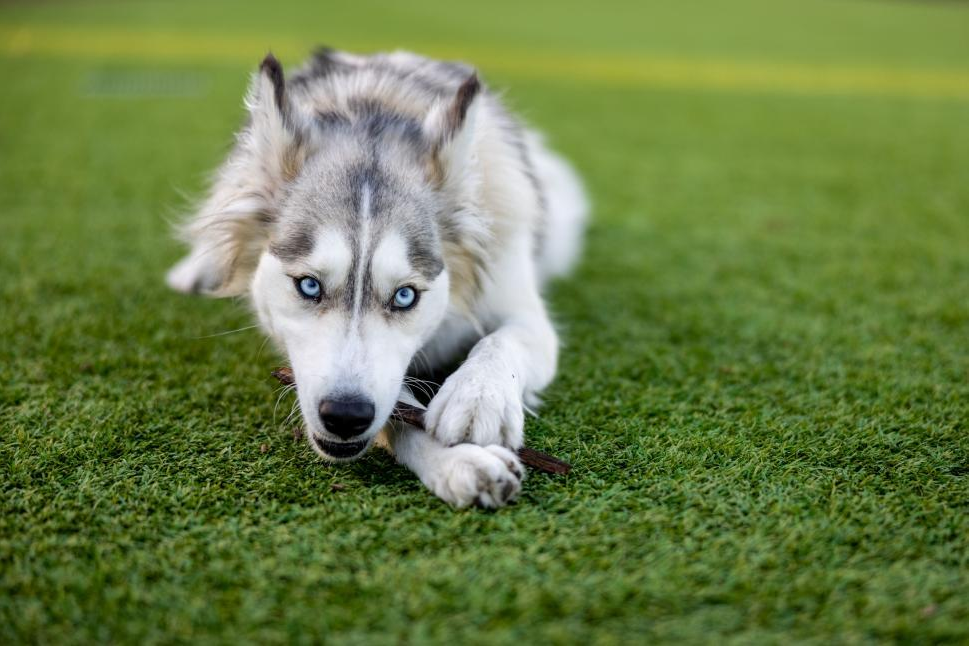
Siberian Huskies may seem like unlikely candidates for breed bans, but their wolf-like appearance and occasional aggression reports have landed them on restricted lists in parts of the U.S. Their strong prey drive and high energy can make them a challenge for inexperienced owners, and some municipalities see them as a liability. Despite this, Huskies are beloved for their striking looks, playful nature, and friendly personalities. They thrive in active households where they can run, exercise, and engage with their families. The controversy around them highlights how breed-specific laws often target appearance as much as behavior.
13. Presa Canario
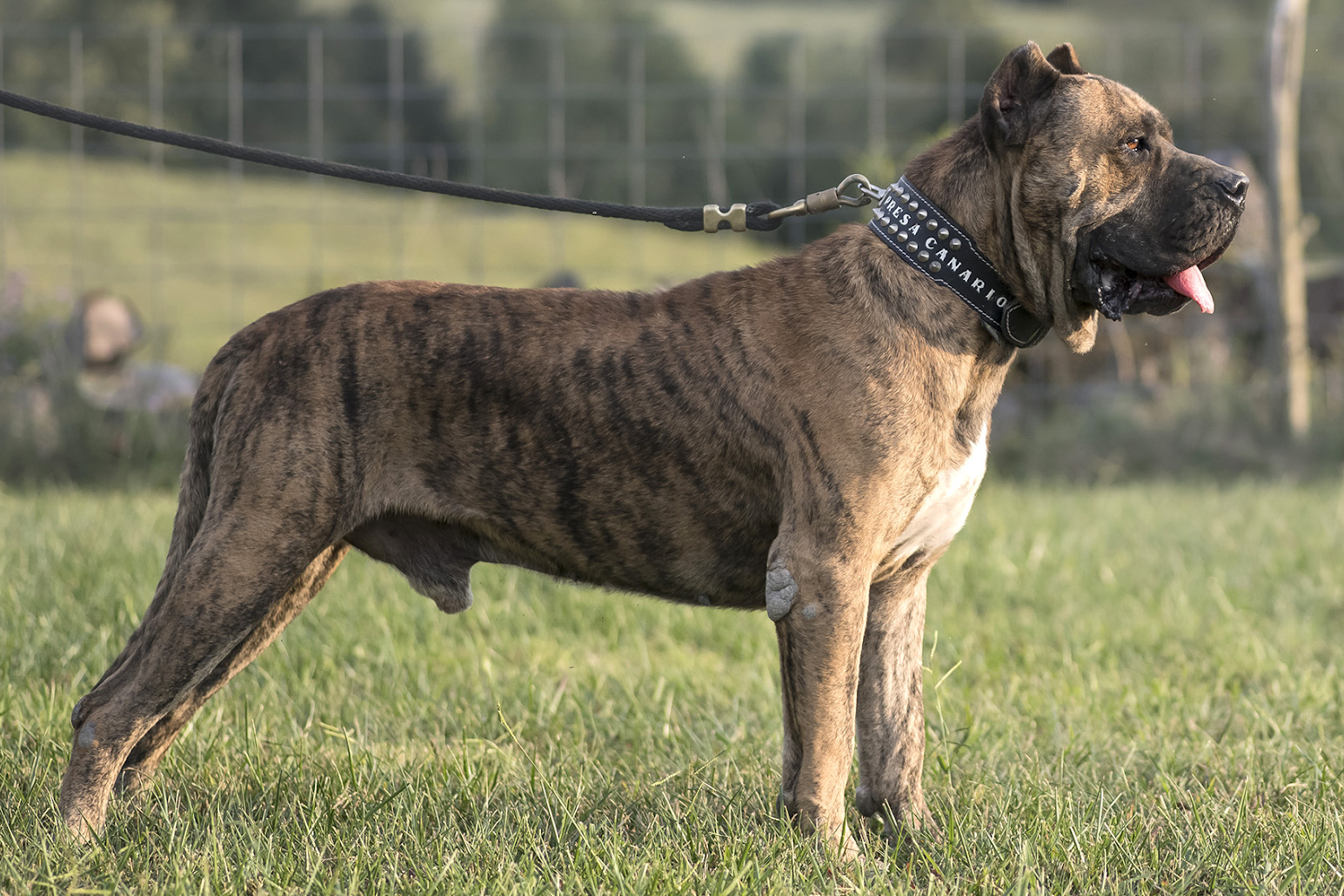
The Presa Canario, a powerful mastiff-type breed from the Canary Islands, is banned or heavily regulated in some U.S. states and European countries. Known for their strength and guarding instincts, they gained notoriety after a few high-profile attacks, which shaped their reputation as dangerous dogs. In reality, Presa Canarios can be calm, affectionate, and deeply loyal when raised with proper training and socialization. However, their sheer size and intensity make them a challenge for inexperienced owners, fueling concerns in communities that enforce breed restrictions. Enthusiasts argue that responsible handling is key to showcasing their true temperament.
This story 13 Dog Breeds That Are Illegal to Own in Some U.S. States was first published on Daily FETCH


